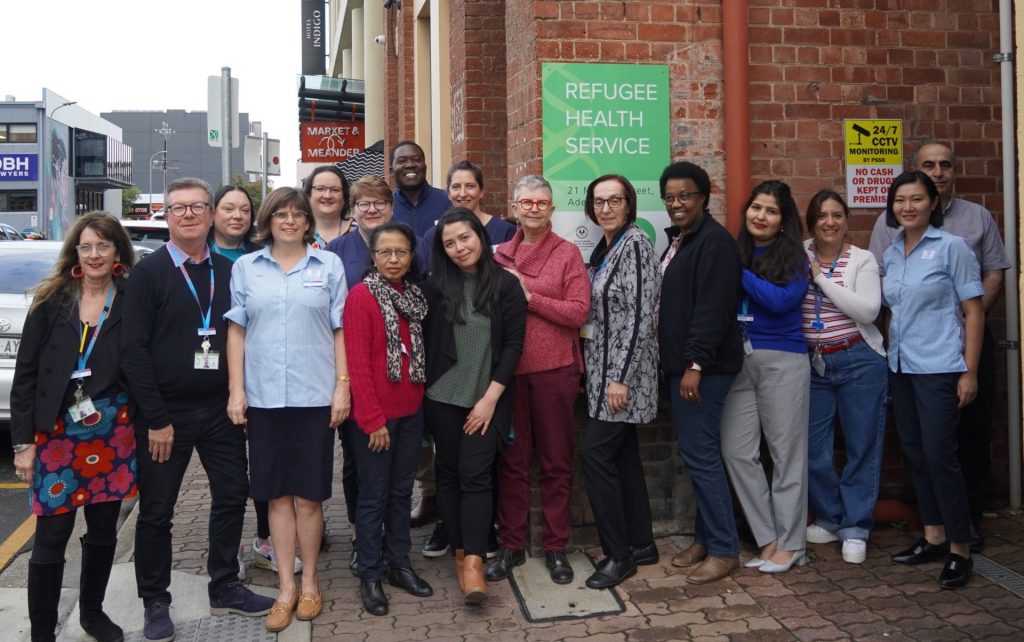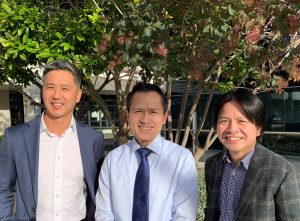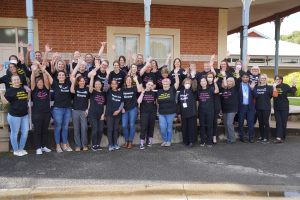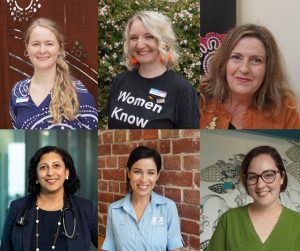Experiencing poor health is difficult at the best of times.
If you’re a new migrant, navigating an entirely foreign health system in a second language can make it even more challenging.
The Refugee Health Service is a specialist state-wide health service for refugees and asylum seekers in South Australia.
Operating as part of Central Adelaide Local Health Network (CALHN), it has been providing primary healthcare services for more than 20 years, and sees 900 to 1000 new clients each year.
Putting wellbeing first
Zabdi became a client at the service when she arrived in Adelaide in March 2022.
Originally from Venezuela and having lived for some years in the Dominican Republic, she’d previously been diagnosed with breast cancer. Zabdi explained,
“We had come from a situation where we had no proper medical treatment or any kind of support at all, but at the Refugee Health Service I was treated with respect and empathy.”
Zabdi said the support she received was not just physical, but also emotional.
“I feel more secure and confident, as my health is a lot better now.”
“Life is getting back on track. Thank you, Australia, for giving me the opportunity to be born again.”
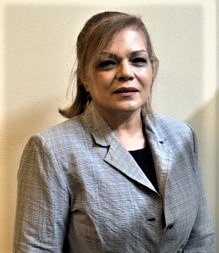
Looking after physical and psycho-social health
CALHN’s Refugee Health Service focuses on families and individuals with complex health and psychosocial needs.
Jan is Team Manager at CALHN’s Refugee Health Service, and said,
“Upon arrival in South Australia, all humanitarian refugees – both adults and children – are referred to us for a comprehensive health assessment.”
In the first instance, nurses and doctors at the Refugee Health Service review any pre-existing health records, screen for infectious diseases, and perform mental and psychosocial health checks.
Refugees also have access to a catch-up immunisation program, a chest clinic, dental care and targeted services for women’s health, child health and optometry. Jan explained,
“Initially, we aim to resolve immediate health and psychosocial issues related to migration at our clinic and through referral services.”
“Then over about 6 to 12 months we start to link people to community GPs for ongoing health management.”
“We also conduct health literacy education to build people’s understanding of how the health system works in Australia.”
Jan and her team are experienced in managing all sorts of complicated health issues, including for people who have experienced physical and mental trauma and those whose countries of origin have not been able to meet their healthcare needs. Jan said,
“Our services aim to be trauma-informed, culturally appropriate, and we use interpreters for all our appointments.”
There is always a back story
Carlos fled Venezuela following many difficult years for himself and his family. After living in Trinidad for five years, he eventually settled in South Australia.
Although Carlos lives with several illnesses, including asthma, hypertension, diabetes, osteoarthritis, and chronic pain from a lumbar crush fracture, he has made positive changes with the support of Refugee Health Services.
Carlos has quit smoking, lost 8kg and engages in physical activities. He says he now feels empowered.
“I now have tools to manage my chronic health issues.”
Carlos explained the multidisciplinary team at the Refugee Health Service welcomed him and treated him with respect. In describing the complex, often hidden health issues faced by many refugees, he said,
“There is a back story to what is sitting in front of you.”
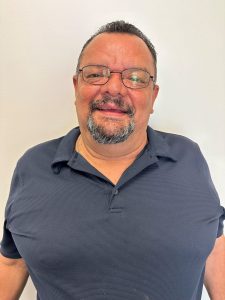
Making a difference
Mark Roberts is a Senior Clinical Administration Officer at CALHN’s Refugee Health Service, and says he feels privileged to be part of client journeys.
Recently, his team was presented with a bunch of flowers from a client who first used their services more than three years ago. Mark said,
“To receive feedback about the difference made by that initial encounter at the Refugee Health Service is a humbling experience for my admin team.”
“This is the thing that brings them to work each day.”
“The Refugee Health Service team is a remarkable group of people who are all motivated by a common desire: to make a difference to the lives of displaced people.”
The Refugee Health Service is located at 21 Market Street, Adelaide. Most clients are formally referred via the Commonwealth Settlement Service Provider.
